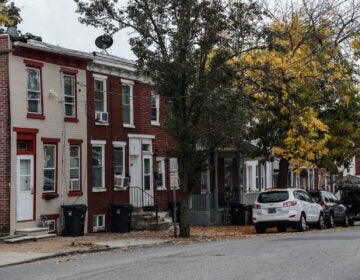Delaware’s first elder abuse sanctuary aims to tackle ‘untalked-about crisis in this country’
The senior living campus near Wilmington is creating a statewide network to give victims “a place where they’re safe from that abuser.”
Listen 1:59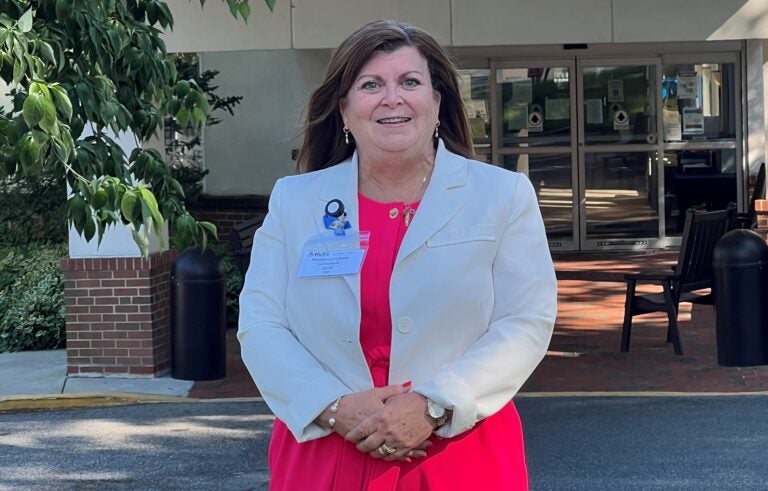
Felisha Alderson has spearheaded the initiative to create Kutz's elder abuse sanctuary. (Courtesy of Kutz)
From Philly and the Pa. suburbs to South Jersey and Delaware, what would you like WHYY News to cover? Let us know!
A resident of a Delaware nursing home had a niece who wanted power of attorney, but a suspicious social worker did some online research and discovered the niece had been prosecuted for embezzling from her job.
The facility barred the woman from visiting her aunt, but one day a man showed up with a briefcase to see the elderly resident. A nurse reported his arrival to the social worker, who soon learned the niece had sent the man to get her aunt’s signature so she could obtain access to her money.
“Had we not been on our toes and realized what was happening, she may have lost everything,’’ said Felisha Alderson, CEO of the Kutz Senior Living Campus, north of Wilmington. “Instead, we were able to prevent this crime from happening and protect the resident.”
Incidents like that one, where relatives, caregivers and others with ill intent swindle, inflict physical or emotional harm, abandon or mistreat vulnerable senior citizens, inspired Alderson and Kutz to create Delaware’s first elder abuse sanctuary.
The system Kutz plans to launch this month is essentially a network to house and protect victims. Several other states have such shelters, and Alderson says they are critical in an era where studies show that one in 10 people age 60 or older have been abused in some form, and that only a small fraction of incidents get reported to authorities.
“Normally it’s someone the victim knows,’’ Alderson said. “It’s a child, it’s a spouse, it’s a grandchild, and they’re embarrassed that their family would do this to them. So they don’t want to say anything or they’re afraid that if they tell, what’s going to happen to them, where are they going to go? They need that person to take care of them so that they can stay in their home. No one wants to see their child arrested or grandchild arrested, or spouse.”
The initiative will soon unveil a website, easde.org, to guide people who want to report abuse. She said the state’s Adult Protective Services unit could be asked to assess the needs of alleged victims, and that reports can be made by concerned relatives, friends, neighbors or law enforcement. Adult Protective Services also has a hotline number — 888-APS-4302 — that was launched in 2022 to receive reports of abuse against seniors and adults with disabilities.
Alderson said Kutz is working with other skilled nursing and long-term care facilities to provide even more housing for victims. The location where a victim is staying will be kept secret to protect them, she said.
“So this is an opportunity for us to be able to put them in a place where they’re safe from that abuser and give them a safe place to be cared for with the activities of daily living that they need,” Alderson said. “They can’t go to a hotel because who’s going to take care of them at a hotel? And they can’t go to a shelter because they have some type of a disability that requires assistance from someone else.”
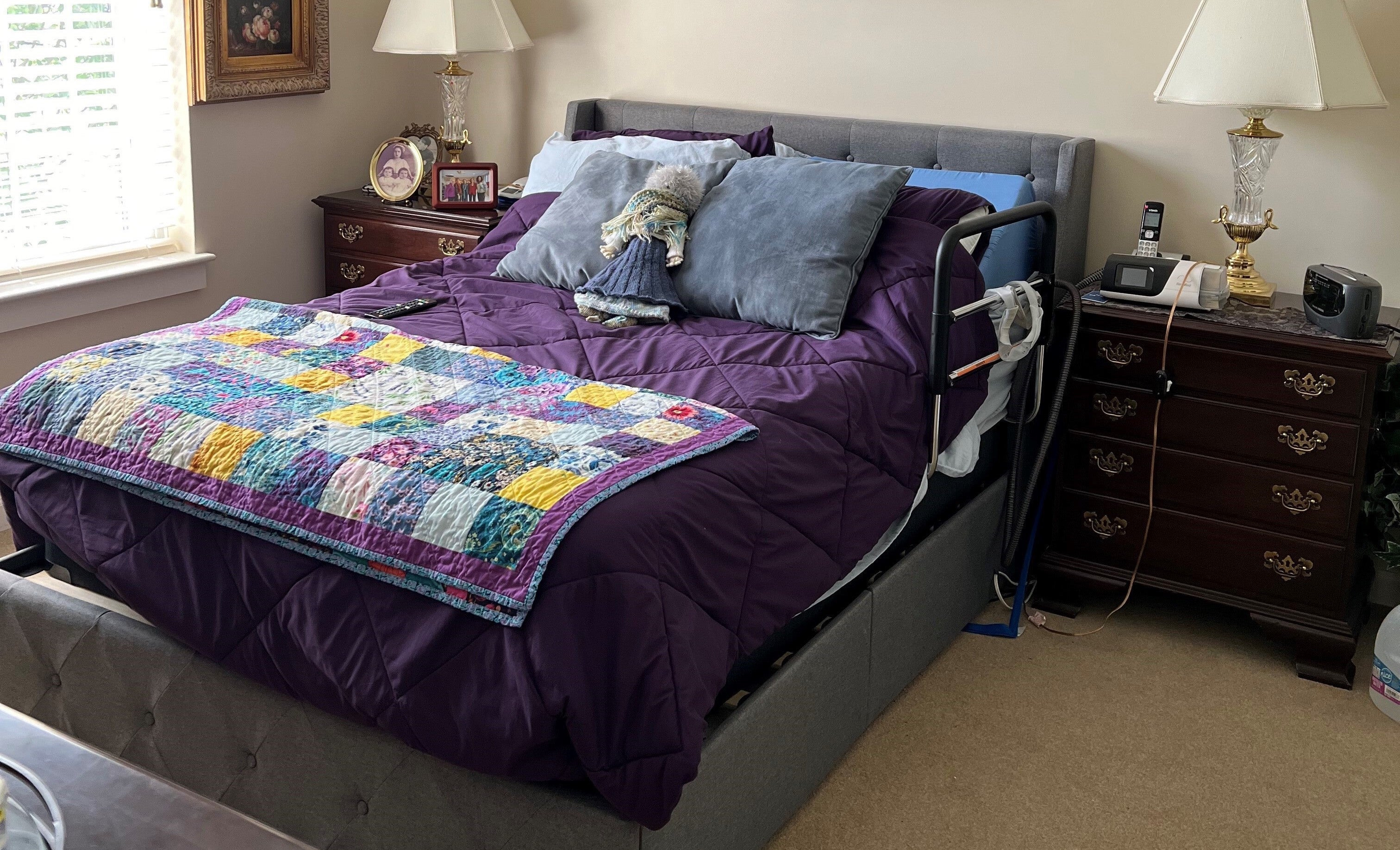
State had 2,800 investigations last year into senior abuse, neglect
Officials of the state’s Division of Services for Aging and Adults With Physical Disabilities have participated in planning meetings with Kutz and support the concept, director Melissa Smith said.
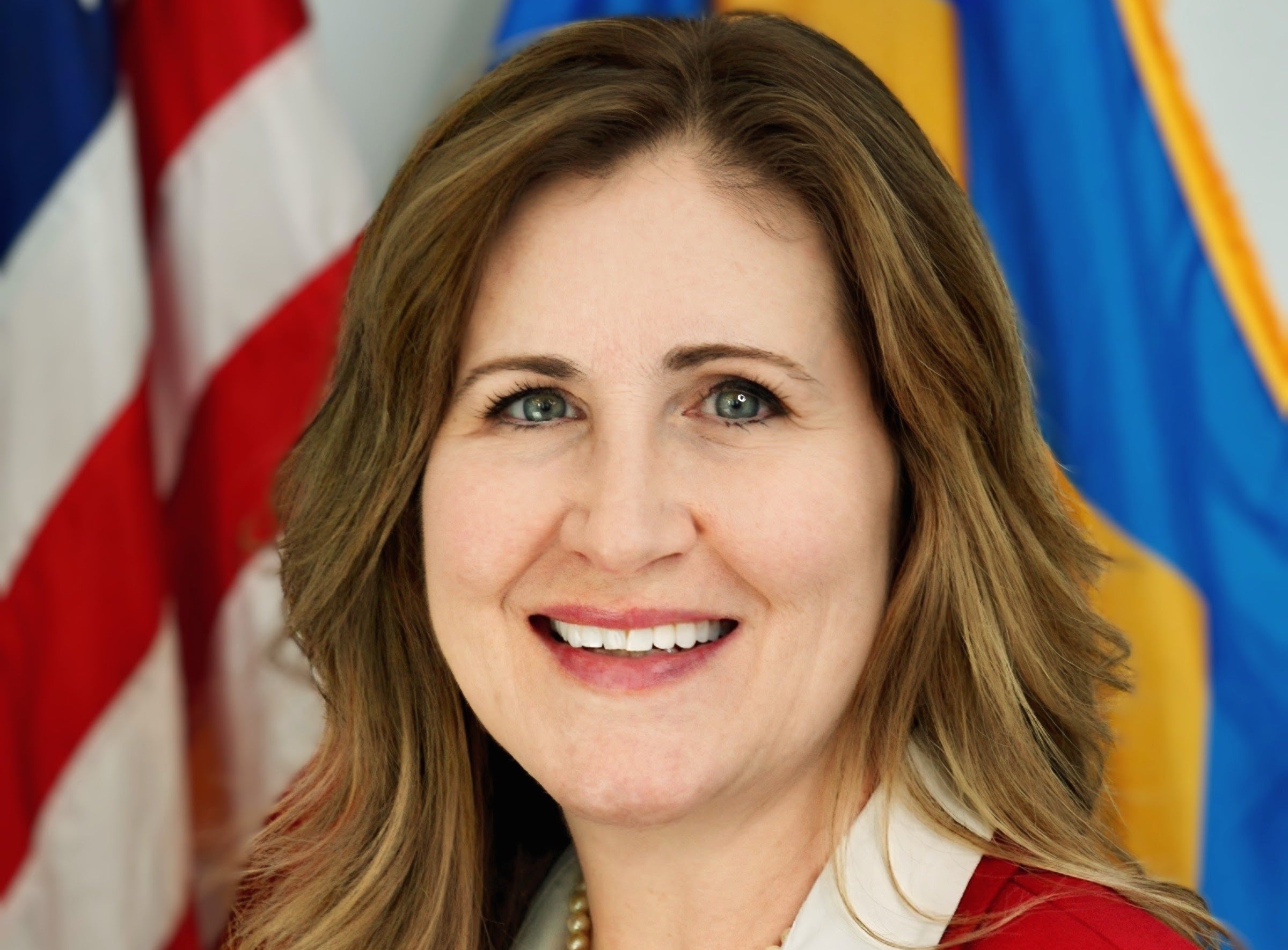
“We’re certainly intrigued by the idea and hopeful for what it will bring to Delawareans,” Smith told WHYY News. “We have needed to make use of emergency placements across time. However, this would be a new option that could be available in the future.”
Smith said elder abuse is a serious and escalating issue in Delaware. Last year alone, the state received nearly 3,300 reports of elder abuse and launched investigations into more than 2,800 cases. Financial exploitation was the leading allegation by far, Smith said.
She said abuse and abandonment by caregivers and relatives is also investigated, but that “self-neglect” is the second-leading issue reported. “This person is unable to care for themselves in a way that is creating health and safety problems for that individual,” Smith said.
The bottom line, Smith said, is that “there are rising cases of abuse, neglect and exploitation, and they do go underreported.”
That means there’s often a need for “emergency placements,” Smith said, “so we’re happy to see how this develops with the Kutz homes to see if that’s going to be an additional option and resource available to us, as well.”
Josh Hodges of the National Council on Aging, a nonprofit that advocates for the nation’s 58 million senior citizens, said the spotlight needs to be shone on elder abuse.
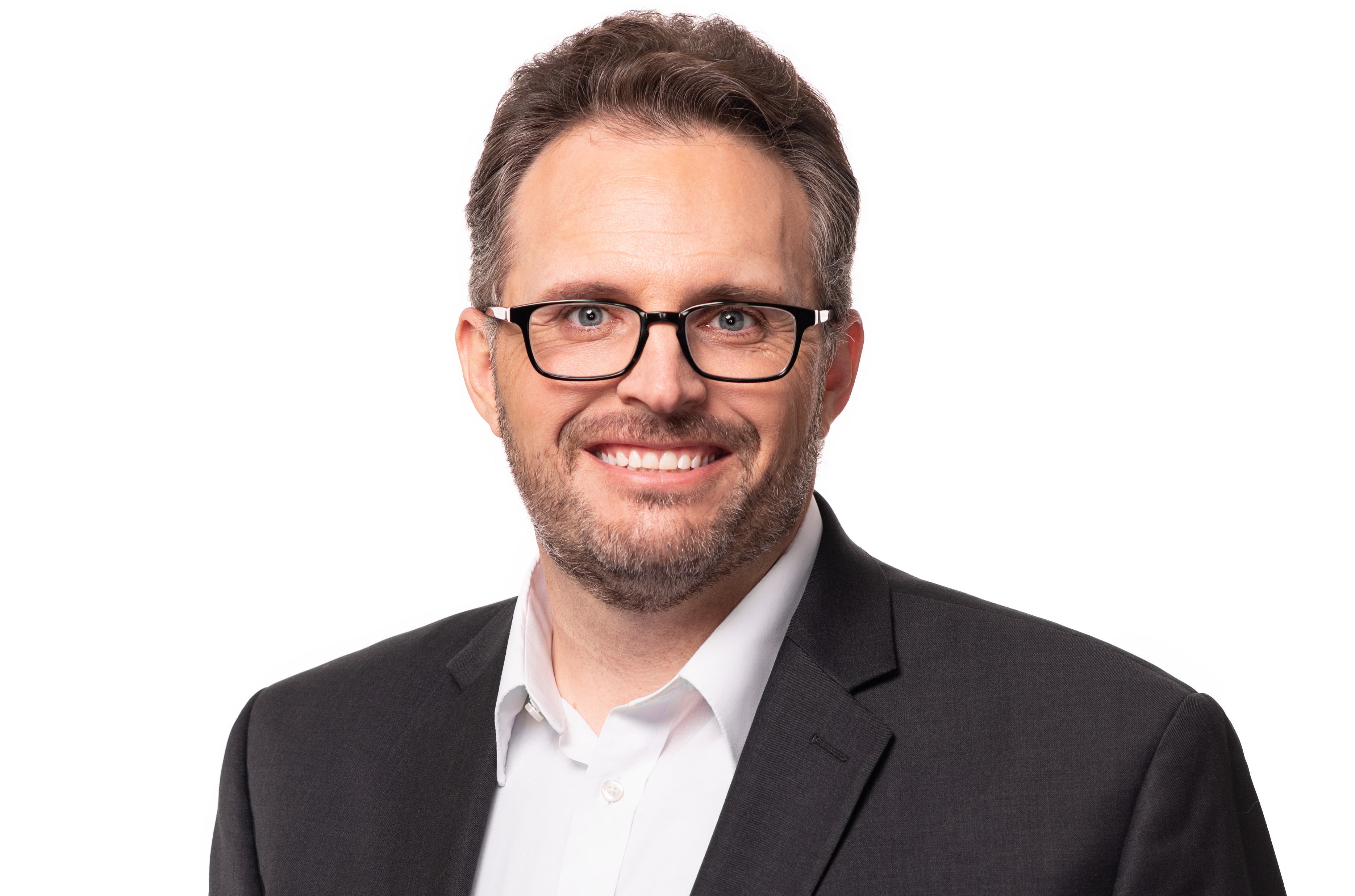
“You have this huge problem happening in this country that nobody’s talking about because we don’t like to believe this actually occurs and abuse is wide-ranging. It can be physical abuse, sexual abuse, emotional abuse or it could be confinement, passive neglect or the financial exploiting an older adult,’’ Hodges said. “The majority of the abusers are actually family members, and so this is really an untalked-about crisis in the country.”
Hodges said sanctuaries like the one Kutz is launching in Delaware is a “growing trend” to address the serious problem.
“Certain areas are exploring it,’’ Hodges said, “because like any other types of abuse, people need a place to go that they can be safe and start to deal with the realities of what it was like to be abused.”

Get daily updates from WHYY News!
WHYY is your source for fact-based, in-depth journalism and information. As a nonprofit organization, we rely on financial support from readers like you. Please give today.







